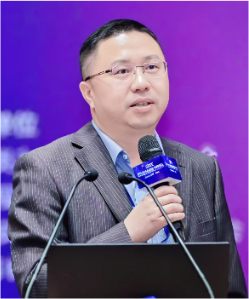Special Session
2: Multimedia Information Security
Short description:
With the widespread application of digital images and videos
in social media, healthcare, intelligent surveillance, and cloud
platforms, multimedia information security issues have become
increasingly prominent, manifesting primarily as privacy
breaches, content tampering, forgery, and copyright
infringement. To ensure the authenticity, integrity, security,
and ownership of multimedia information, multimedia information
security technologies, including information hiding, digital
watermarking, forensic analysis, and deepfake detection, have
been extensively developed. This special session will highlight
the latest research advances in this field, encompassing
theoretical foundations, algorithmic innovations, and practical
applications, to promote the development of multimedia
information security technologies.
Related topics for this special session (but not limited to) :
- Steganography and steganalysis
- Watermarking and fingerprinting
- Forensics and counter-forensics
- Watermarking for AI-generated content and deepfake detection
Submission Method
- Please upload your full paper or abstract to Conference Submission System (.pdf), then choose Special Session 2: Multimedia Information Security to submit. (请通过会议投稿系统并选择"Special Session 2: Multimedia Information Security" 入口提交您的全文或摘要投稿)
Conference Submission System | ICAIP2025会议投稿入口
Organizer:
